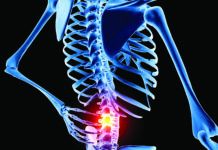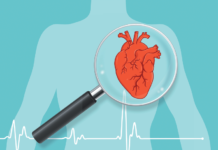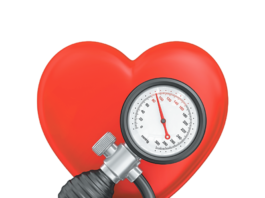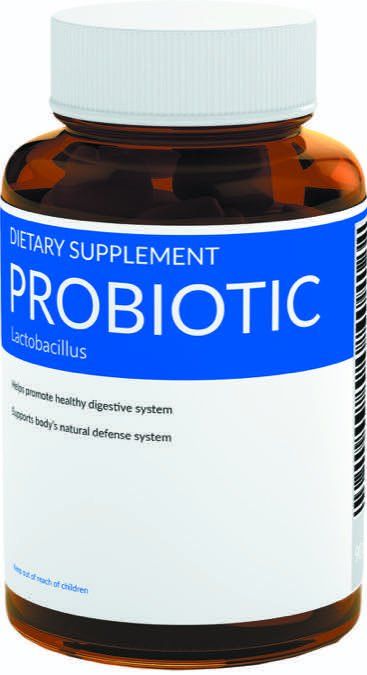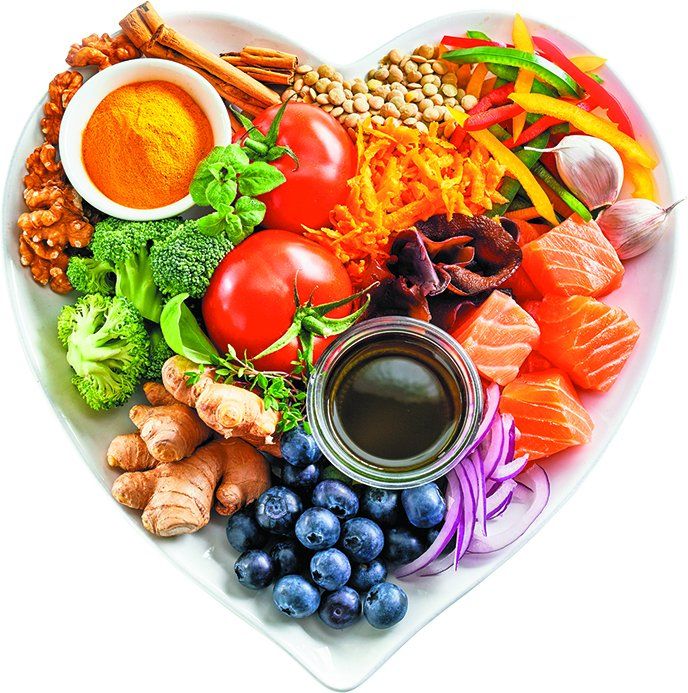Debunking 6 Probiotic Myths
Some people use supplements and fermented foods containing probiotics-beneficial bacteria and yeasts-in an effort to improve health. But, is there good science behind them? Probiotic experts help clear up six common myths.
Reduce Heart Disease Deaths Through Food Price Changes
Policymakers are looking at ways to help nudge Americans to make healthier food choices. Two possible approaches: 1) raise the prices of unhealthy foods to discourage their consumption and 2) subsidize the prices of healthy foods to encourage their consumption. The payoff from either one? Lower risk of death from cardiovascular disease, says a new study.
Managing Special Diets at Holiday Meals
Whether youre hosting or attending a holiday meal, chances are that one or more guests are restricting something from their diets. Watching salt intake is one of the more common dietary restrictions, according to an online poll of American households. But, a good portion of people limit or avoid items like lactose (natural milk sugar), meat, refined carbohydrate/sugar, gluten (a protein in certain grains) or commonly-allergenic items like milk (dairy), peanuts and tree nuts. So, how can you all come together to enjoy a meal?
Could a Bit of Chocolate Help Keep Your Heart on Beat?
About one in four adults will develop atrial fibrillation (the most common type of irregular heartbeat) in their lifetime. Thats a big deal because atrial fibrillation increases risk of stroke by five-fold. Atrial fibrillation also increases risk of heart failure and impaired cognition (brain function). A recent study in the journal Heart showed moderate chocolate intake was associated with a 10 to 20% decreased risk of being diagnosed with atrial fibrillation. But, is nibbling on chocolate for prevention too good to be true?
Lowered School Lunch Standards
Healthier school meals have been in place for five years. But, the government recently relaxed a few Obama-era rulings for the federally-funded National School Lunch Program.
Diet Quality May Impact Belly & Liver Fat
Eating a higher-quality diet may lead to a more favorable body fat distribution, says Gertraud Maskarinec, MD, PhD, an epidemiologist at the University of Hawaii Cancer Center, who recently coauthored a study on the topic published in the journal Obesity.
Making Healthy Meals with Minimal Fuss
Many people are pressed for time (and sometimes energy) when it comes to putting dinner on the table. But, sometimes we make it harder than it needs to be. You'll be ready to whip up a quick meal any day of the week if you stock your kitchen with minimally-prepped, nutritious ingredients (think: frozen vegetables, precooked brown rice and frozen fish fillets) and simple ideas for quick-fix dishes.
New Insights: Glycemic Index
Guessing the effects of a meal on your blood sugar isn't easy, even if you use the glycemic index. That's a ranking of how much standardized (50-gram available carbohydrate) portions of individual foods increase blood sugar. But, people typically eat a mix of different foods at any one time, which makes using the glycemic index less straightforward.
Nutrition Then and Now
Advice about how to eat for good health sometimes changes. To you, it may seem like scientists can't make up their minds. What's really happening is that scientists are continually learning new things about nutrition and health through research studies. Experts modify dietary guidance based on the totality of scientific evidence on a given topic.
Moderate Alcohol Intake May Help Preserve “Good” Cholesterol
For years we've heard that drinking wine and other alcoholic beverages in moderation may be good for our heart. The majority of alcohol's cardiovascular benefits have been attributed to its association with higher levels of HDL (good) cholesterol, which helps protect artery health. But how does alcohol affect your HDL over the long term, and does it matter what kind of alcoholic beverage it is?














